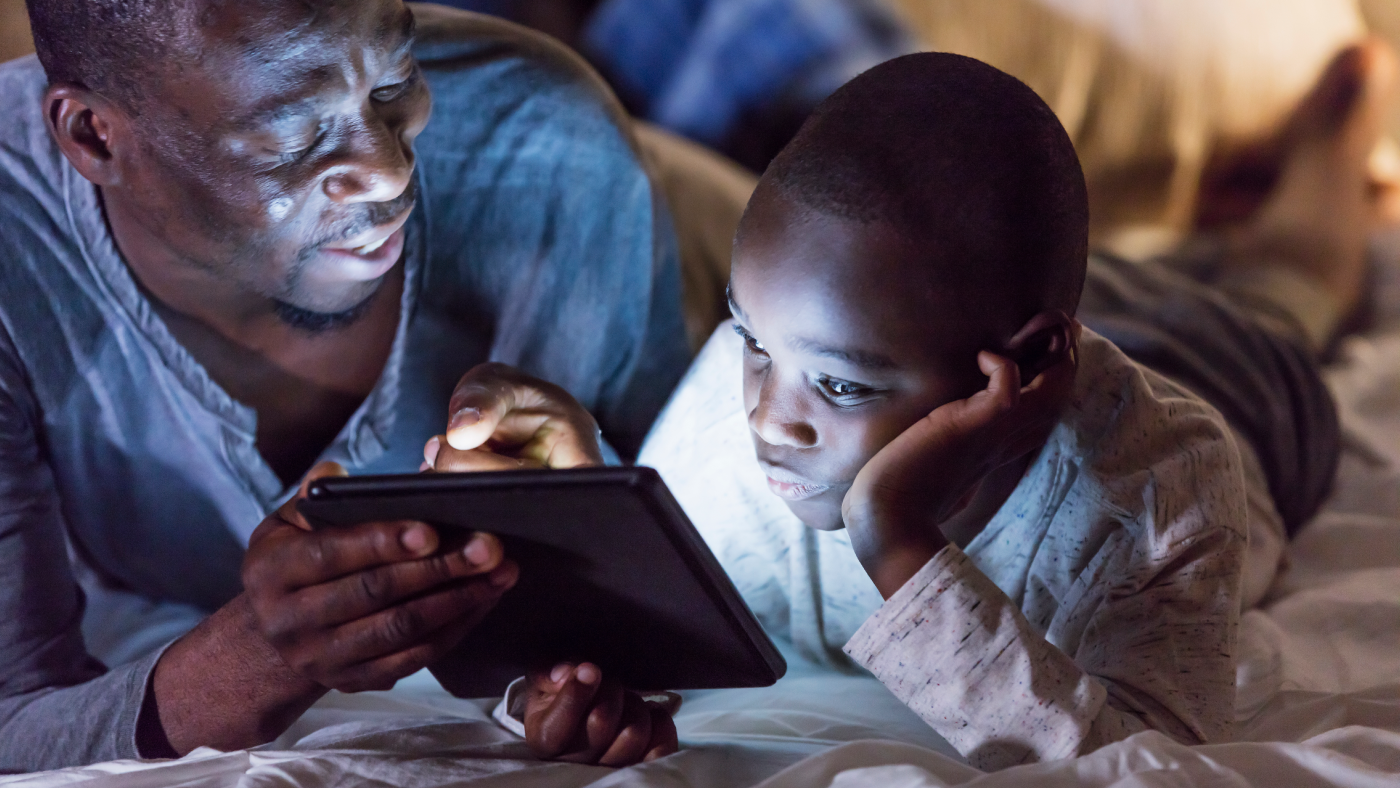Disability in the Digital Age
A detailed look at people living with disability in the U.S. -- their demographic profile, technology status, and use of the internet for health information.
A detailed look at people living with disability in the U.S. -- their demographic profile, technology status, and use of the internet for health information.
Telemarketing calls and spam texts are realities for most cell phone users. Smartphone owners are particularly likely to report dropped phone calls and slow download speeds.
About four-in-ten smartphone owners say they used their phones recently to look up a sports score.
Experts expect more-efficient collaborative environments and new grading schemes; they worry about massive online courses, the shift away from on-campus life
Amy Mitchell, Deputy Director of the Pew Research Center's Project for Excellence in Journalism, answers questions about PEJ's report on the emergence of YouTube as a major platform for viewing news.
Lee Rainie discussed the findings of the most recent expert surveys on the future of the internet.
The conversation on Twitter about the Penn State scandal has shifted focus over the last month from the man convicted of sexual abuse to the school and then to the NCAA. But one constant in the conversation has not budged—views of Joe Paterno.
While most news videos posted to YouTube by individuals are made up of raw footage, news organizations post primarily edited videos.
At the 19th International AIDS Conference, Susannah Fox shared a social history of the internet - our national story and her grandmother's story.
According to our April 2012 survey, 82% of American adults use the internet and 66% have a high-speed broadband connection at home. Here's a closer look at internet use versus broadband use by various demographic groups.

Roughly four-in-ten Americans have experienced online harassment. Growing shares face more severe online abuse such as sexual harassment or stalking.
Two-thirds of parents in the U.S. say parenting is harder today than it was 20 years ago, with many citing technologies, like social media or smartphones, as a reason.
From distractions to jealousy, how Americans navigate cellphones and social media in their romantic relationships.
Majorities of U.S. adults believe their personal data is less secure now, that data collection poses more risks than benefits, and that it is not possible to go through daily life without being tracked.


